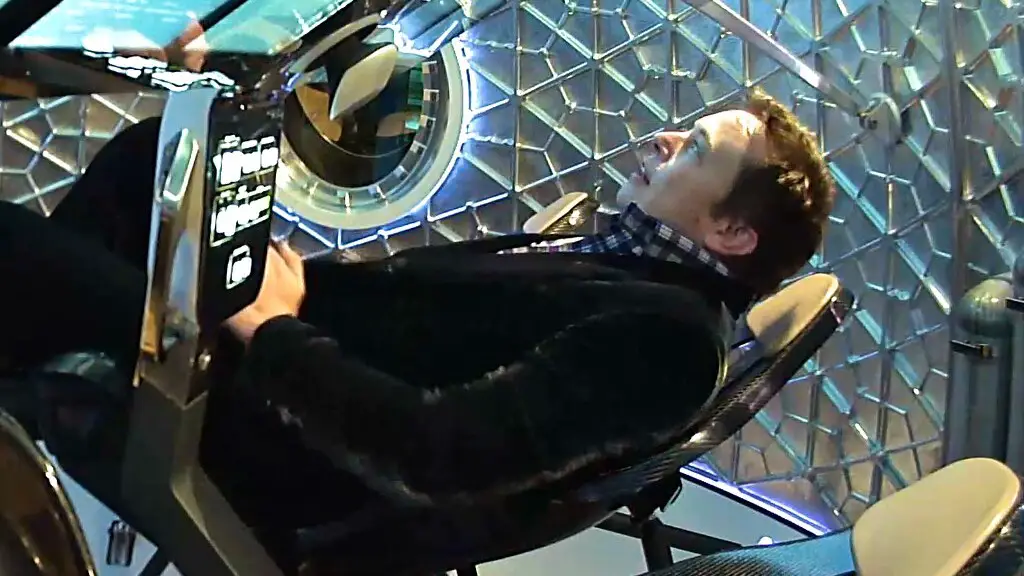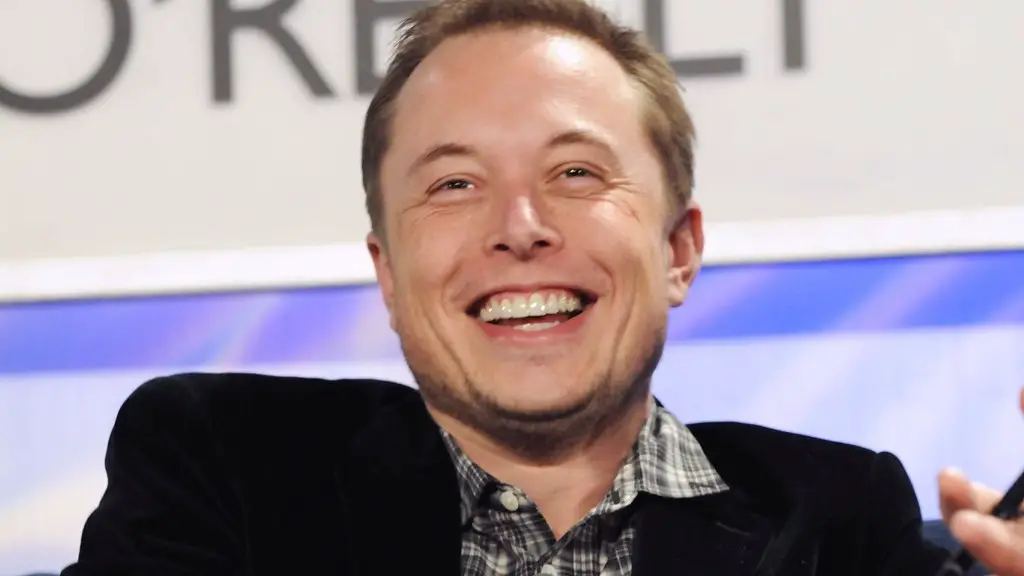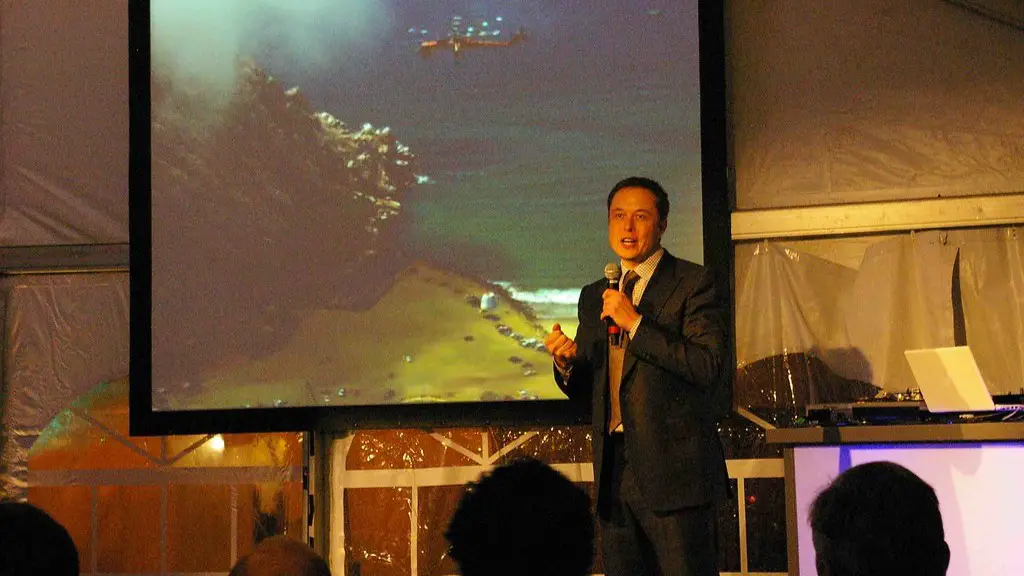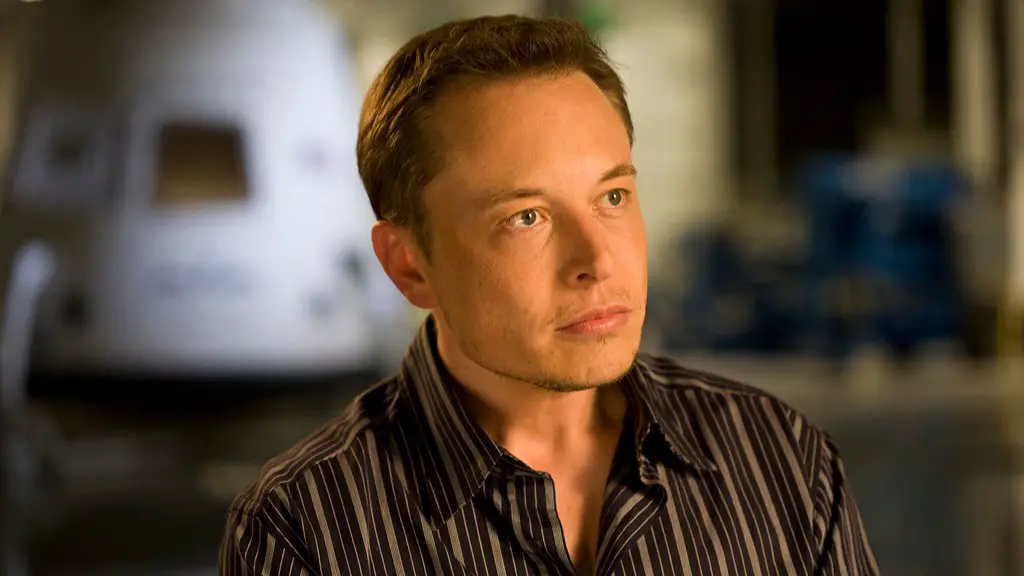Elon Musk has been pushing the boundaries of outer space exploration and pushing people to think about our future beyond Earth. In 2017, he set out his ambitious plan to colonize Mars, giving us an idea of what he believes is possible and achievable when it comes to the human exploration of outer space. This article will explore the basics of Musk’s plan for the colonization of Mars, the technological advances necessary for its success, and the implications for the future of humanity.
Challenges of Mars Exploration
To understand Musk’s plan for Mars colonization, it is first important to understand the history and difficulty of Mars exploration. Since the early 20th century, humans have been exploring Mars and sending robotic missions to observe its environment, make discoveries and eventually land spacecraft on the surface of the planet. However, the complexities of travelling to and remaining on the surface of Mars, as well as establishing and sustaining a human presence, have made the dream of colonizing Mars only a distant possibility.
Musk has acknowledged the challenges of Mars exploration and acknowledged that we will need better technology to make it a reality. He has also proposed an engineering and technological solution that he believes could overcome the obstacles and provide an affordable path to the colonization of Mars. This solution involves the development of a powerful reusable rocket, the use of artificial intelligence (AI) on the Martian surface, and the manufacture and delivery of a habitat and other human necessities to the planet.
The Role of Reusable Rockets
One of the key technologies that Musk believes is necessary for a successful mission to Mars is reusable rockets. Reusable rockets are rockets that are designed to be used multiple times and are capable of launching payloads into space, returning to Earth and being launched again. Reusable rockets would be necessary to make a Mars mission economically viable as it would reduce the cost of a mission by eliminating the need to manufacture a new rocket for each launch. Musk believes that reusable rockets will be essential to creating a sustainable Mars colony.
Musk’s SpaceX has already been working to make reusable rockets a reality, with their reusable Falcon 9 and Falcon Heavy launchers. Musk believes that in the future, reusable spaceships may be constructed, capable of travelling at up to 25 times the speed of sound, which would shave off weeks or months of travel time. In addition, Musk has proposed the development of a habitation system to ensure the safety and long-term sustainability of the Mars colony.
The Role of AI and Robotics
In addition to reusable rockets, Musk believes that the successful colonization of Mars will require the use of Artificial Intelligence (AI) and robotics. He believes that the use of robots and AI on the Martian surface will significantly reduce the cost of a mission. He also believes that robots and AI could be used to help explore, develop, and maintain the Martian environment, as well as to automate some of the more mundane tasks in order to free up time for the colonists to focus on more complex endeavors.
Musk believes that the use of AI and robotics would also provide invaluable insights into how Mars was formed and the potential for life on the planet. Musk believes that this knowledge would be invaluable in helping humanity better understand our place in the universe and the potential for living and thriving in outer space.
Implications for Humanity
Musk believes that the colonization of Mars and other planets would not only open the door to new frontiers of exploration, science, and technology, it would also help protect humanity from any potential threat of global disaster. He believes that creating a sustainable human presence on Mars would provide humanity with a viable, alternative home in the event of a global catastrophe.
Musk further believes that the colonization of Mars would be a stepping stone to the exploration and colonization of other planets and even galaxies, opening up a world of possibilities and potentially unbounded potential for humanity. He believes that colonizing Mars would give us the potential to go beyond the boundaries of our current understanding of reality and explore the infinite possibilities of the universe.
Musk’s Plan for Mars Colonization
In December 2017, Elon Musk outlined his ambitious plan for the colonization of Mars. In this plan, he outlined a series of technological and engineering advances that would be necessary for a successful mission. This included the development of reusable rockets, the use of AI and robotics, and the manufacture and delivery of habitat on the Martian surface. He believes that, with the right technology and engineering advances, the colonization of Mars is within reach and could become a reality in the near future.
Conclusion
Musk’s ideas for the colonization of Mars have fired the imaginations of many people, sparking a renewed interest in space exploration and pushing us to think beyond our current limitations. While his plans are ambitious and the challenges are significant, Musk is hopeful that with the right advances in technology, his plans could become a reality in the near future. Musk’s vision is an exciting one, and if successful, could provide humanity with a whole new world of possibilities and unbounded potential.
Financial Cost of Musk’s Plan
The financial cost of Musk’s plan for Mars colonization is difficult to predict, but it is likely to be astronomical. Musk believes that the most feasible option for the colonization of Mars would be to send a fleet of reusable spacecraft, equipped with habitats and other necessities for a Mars-based mission, as well as robotic and artificial intelligence support.
The cost for a mission of this scale would certainly be significant, but Musk believes that advances in technology, such as the development of reusable rockets, would drastically reduce the cost of a mission to Mars. Musk has also proposed the creation of a public-private venture to finance and manage the mission, reducing the need for large-scale government investment.
Manufacturing & Constructing on Mars
In addition to the use of reusable rockets, Musk’s plan for Mars colonization relies on the use of manufacturing and construction methods to build habitats and other necessities for the mission. Musk believes that advancements in 3D printing technology could be used to create habitats, vehicles and other tools on Mars, drastically reducing the cost of a mission and the time required for construction.
Musk has also proposed the use of In-Situ Resource Utilization (ISRU), which would involve the use of local resources, such as water or rocks, to create building materials and other necessities. ISRU would be essential in reducing the cost and complexity of a mission as it would reduce the amount of resources and materials that would need to be transported to the planet.
The Future of Musk’s Plan
Despite the significant challenges that Musk’s plan for Mars colonization faces, many believe that his ideas and vision could transform the way we explore and interact with the universe. Musk has been pushing the boundaries of space exploration and inspiring a new generation of innovators and space exploration enthusiasts. Despite the challenges and complex technological advances that are necessary for the success of a mission to Mars, Musk believes that the colonization of the Red Planet is within reach and could become a reality in the near future.




